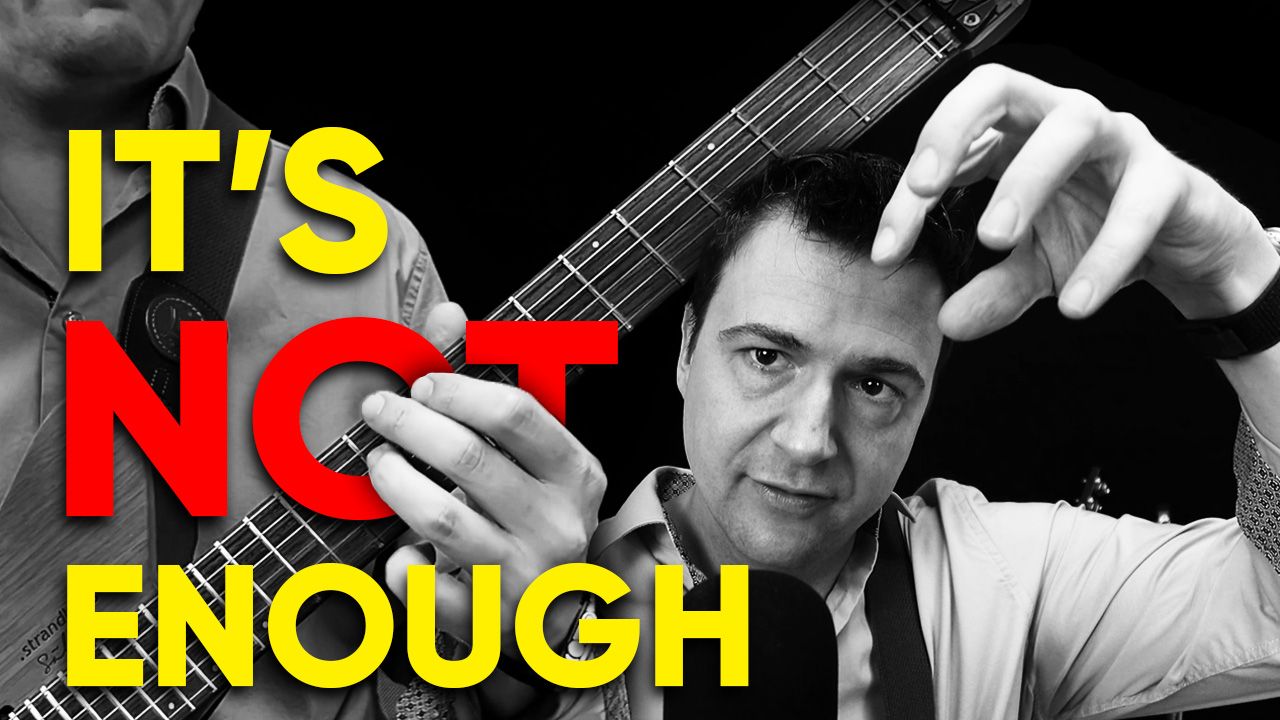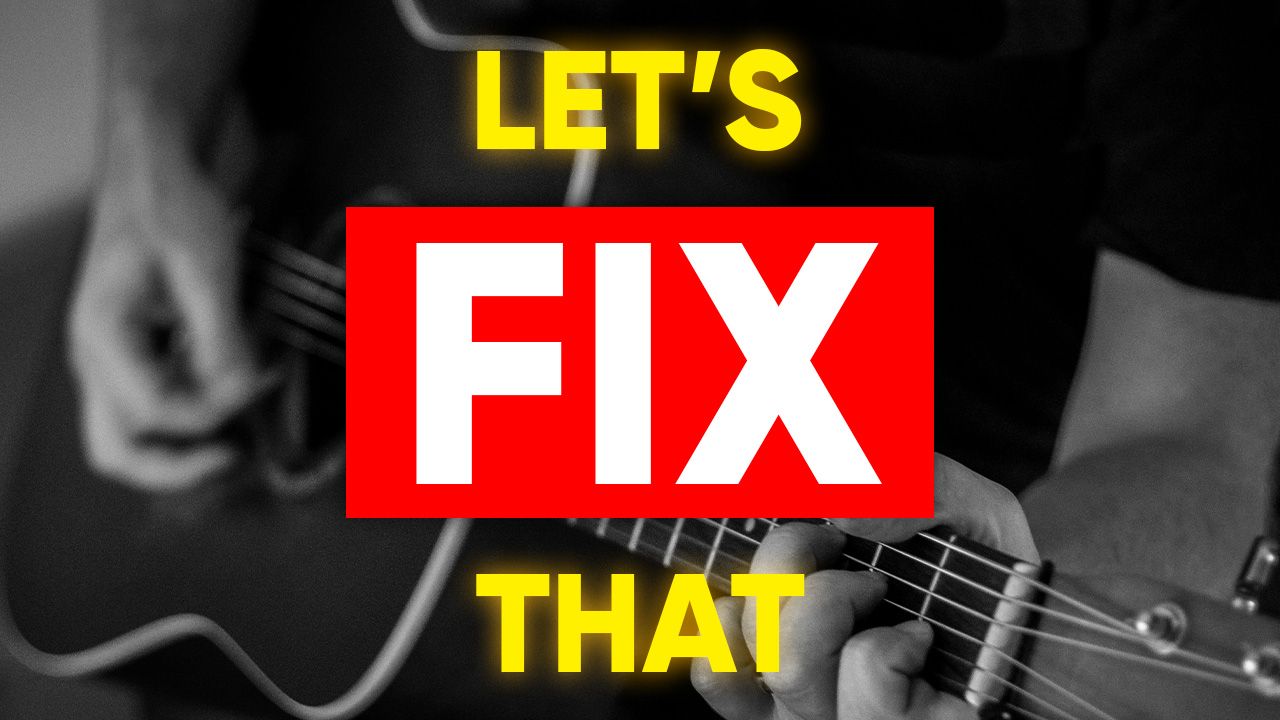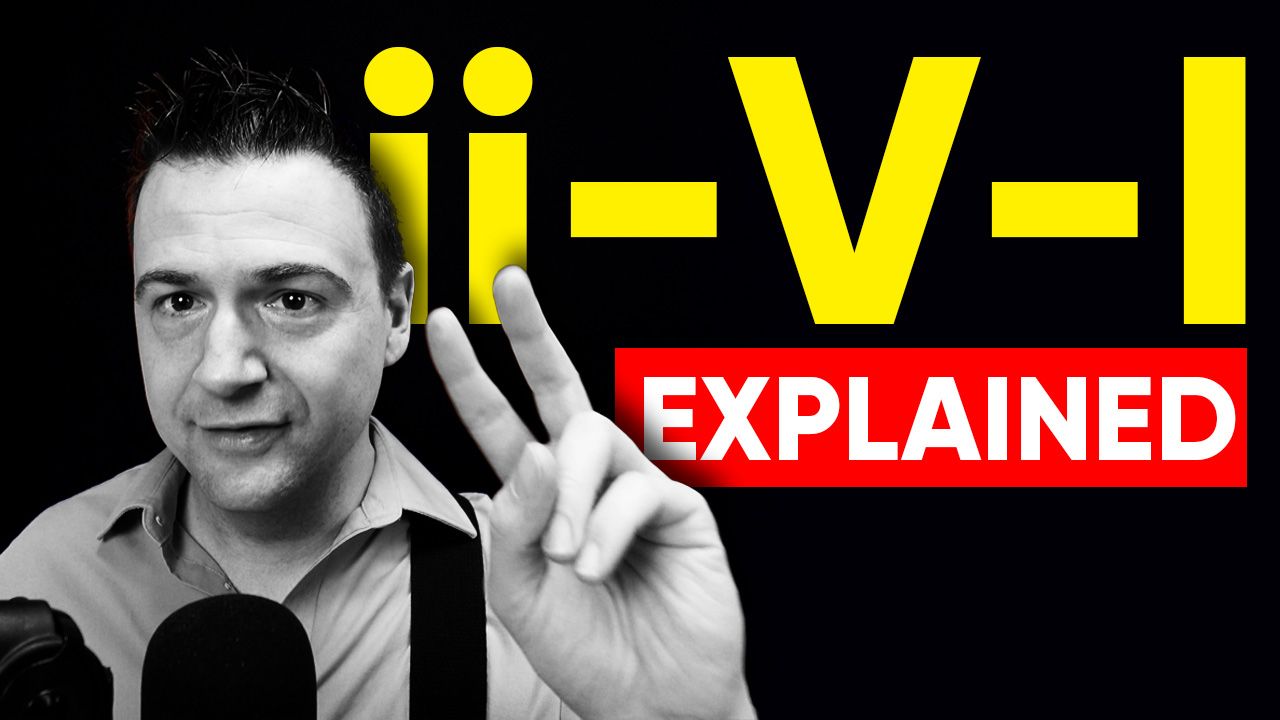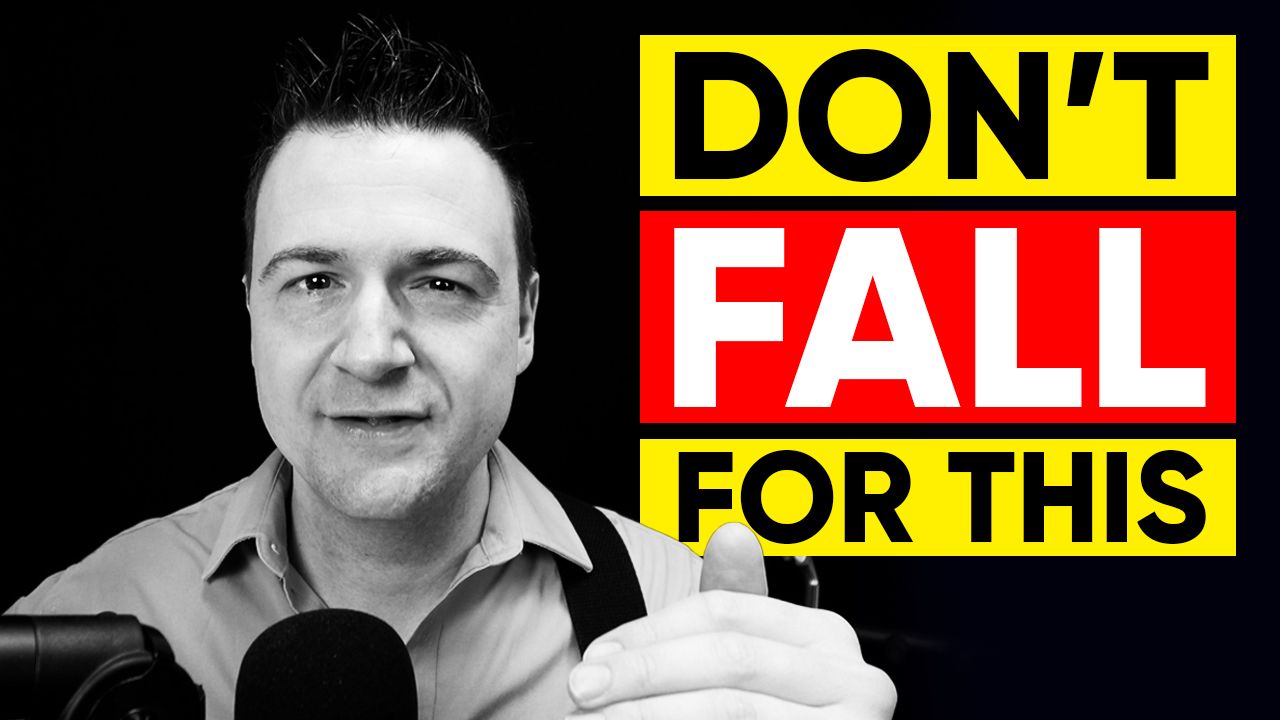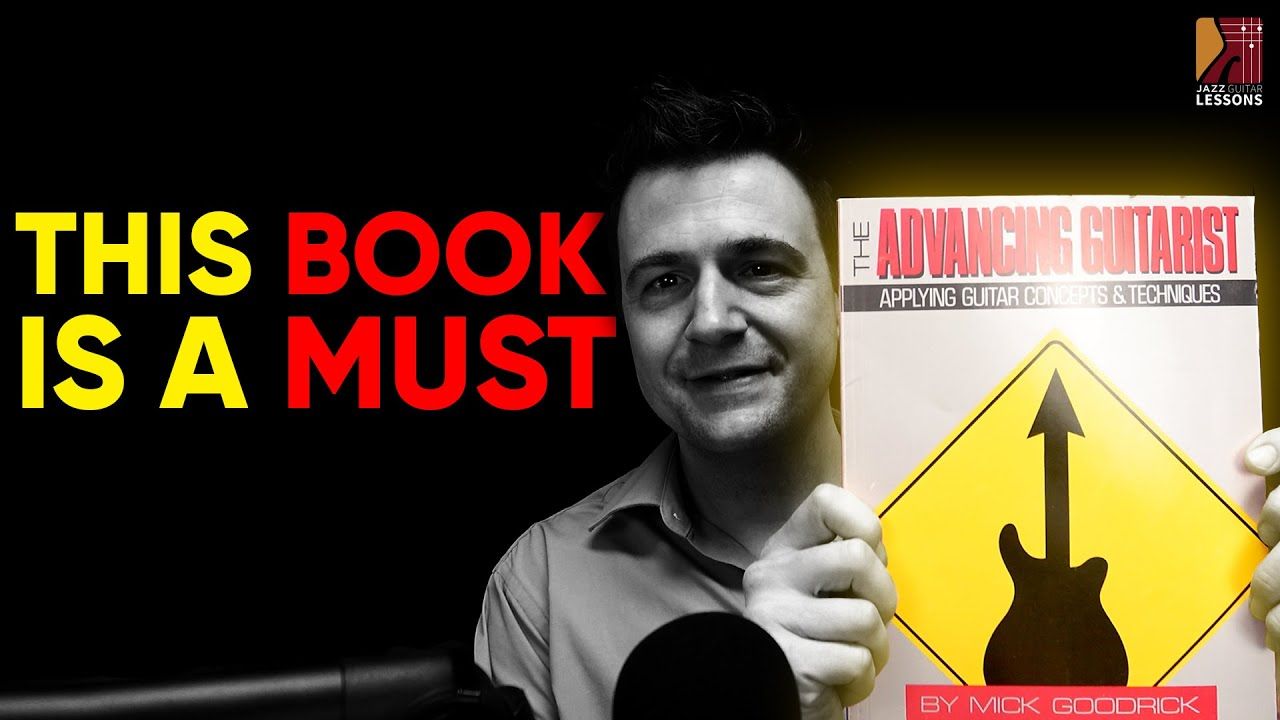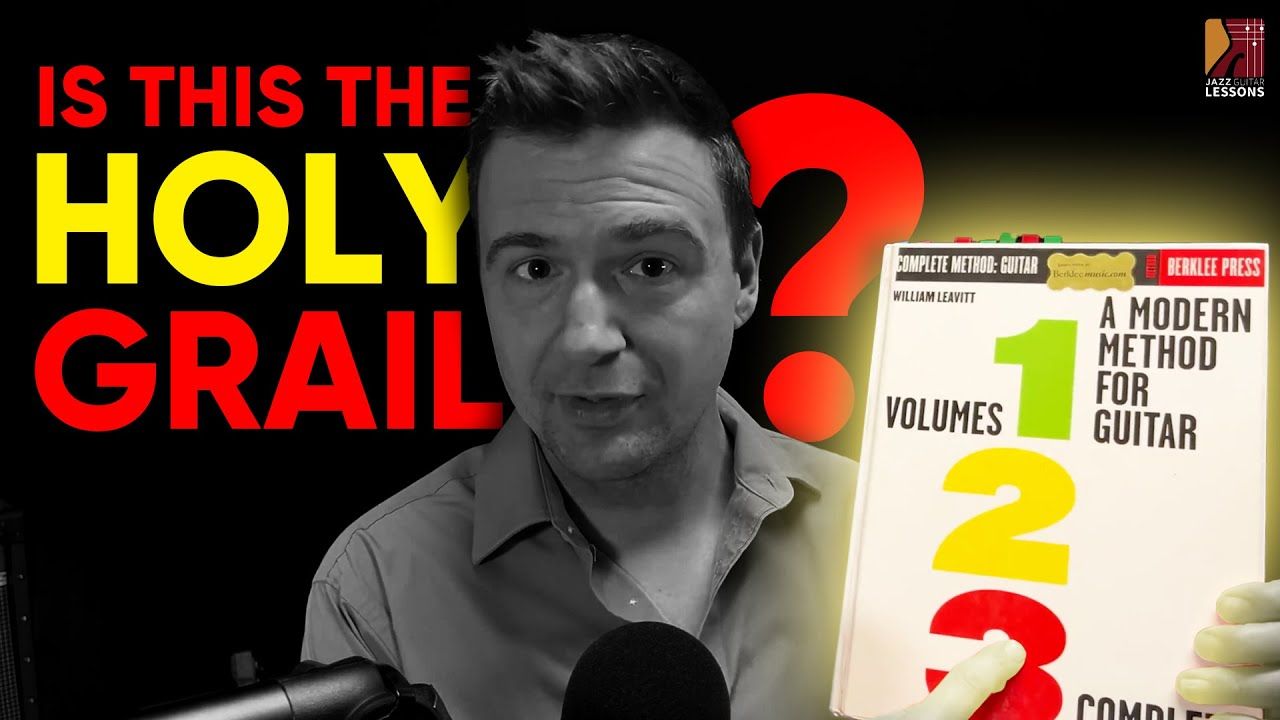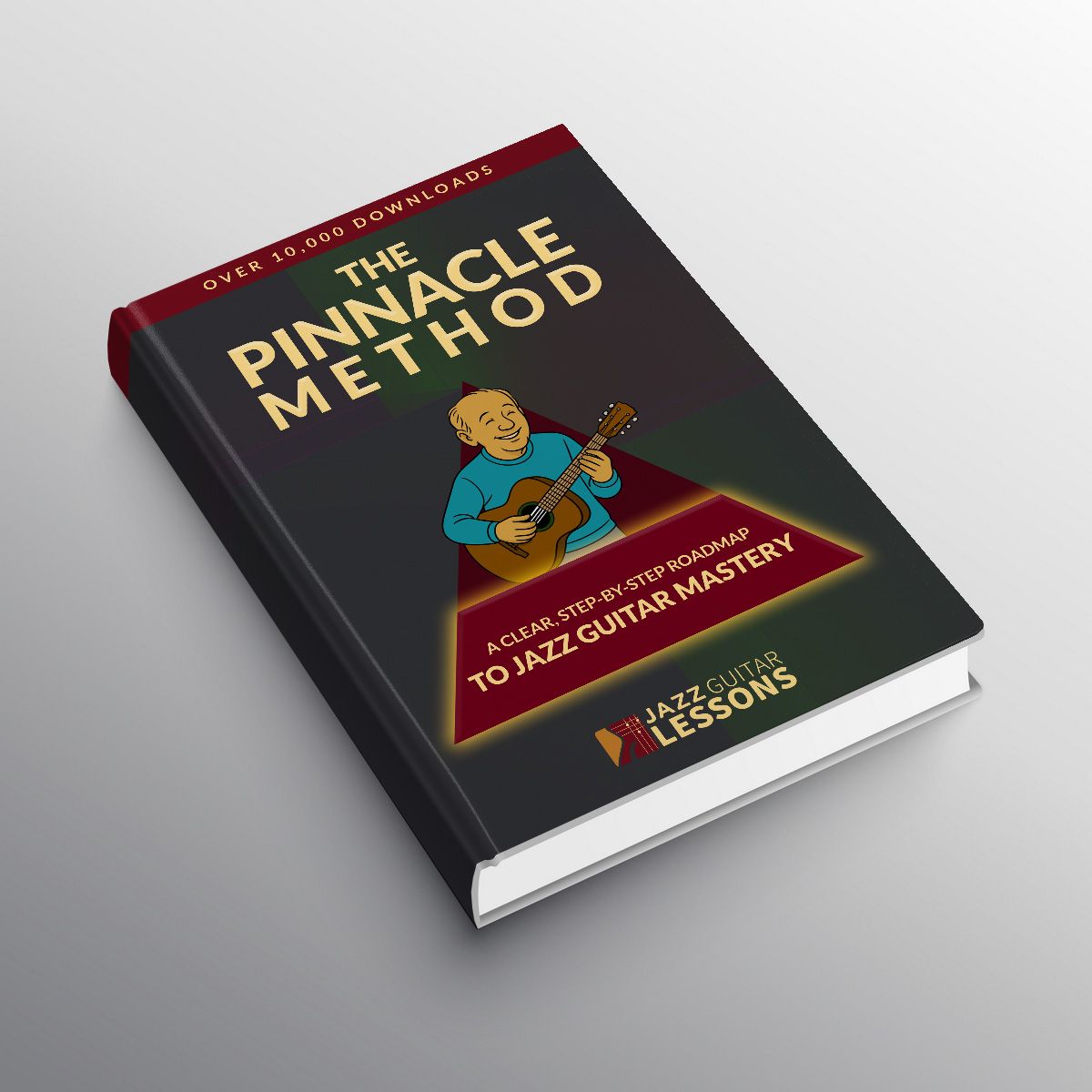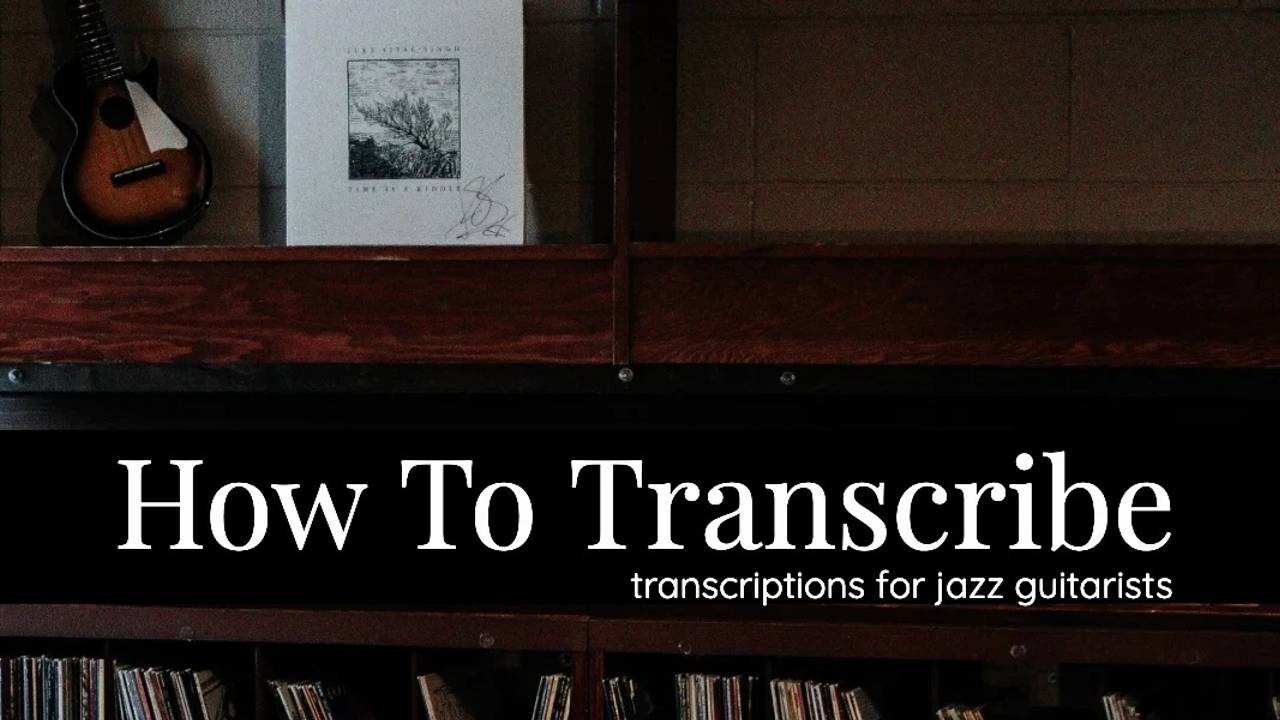
How to Transcribe: DIY Jazz Guitar Transcriptions
May 03, 2021On Transcribing for Jazz Guitarists
This is a "how-to" article about transcriptions for jazz musicians. Please click here to view a collection of note-for-note transcriptions on this website.
Would you like to study with the best jazz musicians in the world? Jazz is an aural tradition and the best jazz education is on recordings! Start taking advantage of them: Transcribe from classic jazz albums!
But why transcribe?
Here's a blog discussing the main reasons to transcribe great jazz solos by ear. Learning and playing along to a recorded solo is like walking in someone else's shoes. It enables you to hear and understand how a specific player dealt with the music at a certain point in history.
Transcriptions are most commonly used to study jazz improvisation. It is also possible to study accompaniment (comping) from famous jazz recordings. The greatest thing about learning jazz guitar transcriptions from recordings is the possibility for endless repetition: you can repeat the playback of the same passage a thousand times when needed! (no hidden fees!)
Writing it Down?
I believe it is not necessary to write down the music learned from jazz guitar transcriptions. A prime example of this is Wes Montgomery, who picked-up Charlie Christian's solos without writing a single note!
Jazz guitar transcriptions will help you improve (ears, chops, repertoire, feel, etc.) ... even if you don't read or write music. It's in the ears! You can write everything down if you wish to get better at music notation. But always remember that the ultimate goal is playing the solos... not reading and writing them!
Who?
I suggest you first learn solos by guitarists. It is always easier to hear "from" (and "on") your own instrument. Studying the sound, feel and phrasing is also more natural when it's done "from guitar to guitar", that's for sure.
My favorites are Wes Montgomery (a definite must!!!), Jim Hall, Ed Bickert, Pat Metheny, and Jimmy Raney.
It's also advisable to transcribe from other instruments. For jazz guitarists, I highly recommend trumpet the phrasing seems to fit the guitar naturally. I have personally worked on many jazz guitar transcriptions from trumpeters such as Chet Baker, Red Rodney, and Miles Davis.
How?
My best advice for jazz guitar transcriptions is to simply do it! I find it's often a question of motivation (or lack thereof).
Here are steps I usually follow:
- Choosing Carefully pick a solo on a tune that is familiar. It must be appropriate for you (interest, difficulty, personal taste, etc.) Then choose the length of your jazz guitar transcriptions. The entire solo or just 2 choruses? Decide right away! There's a psychological aspect to it. Know the chord progression for the entire tune. Refer to a lead sheet and memorize the chords. Always keep your place in the changes.
- Listening and Singing Listen, listen, listen. And then listen a bit more. Get your targeted jazz guitar transcriptions in your ears, then sing it! You should hear the solo in your head without the recording. Singing is a very important step. Listening and singing will take time but it helps tremendously. Hear and sing the solo then simply "play what you hear".
- Learning Play the solo phrase by phrase on your instrument. Refer to your singing and hearing, it will speed things up! Nail down each "musical sentence" before moving on to the next. Get the notes and rhythms exactly right. If a passage is giving you trouble, move forward and come back later. Sometimes, your jazz guitar transcriptions can be all perfect except for *one little spot*. There's nothing wrong with that.
- Too Fast? Sometimes the lines or the rhythms are too intricate to learn on the first pass... sometimes even on the 10th pass! It can become cumbersome to "stop", "repeat", "stop", etc. with a standard CD play or music player on your computer. I highly recommend the use of a good software or app. It will make you save tons of time, learn solos faster... and in fact, give you a chance to truly HEAR on the microscopic level what's happening in those fast solo lines!
Polish It...
Once you learned it, play the entire solo (or part of solo) with the original recording. Your goal now is to imitate the phrasing, articulation, and nuances. Do it until you match the original exactly. We get more than just a bunch of notes from jazz guitar transcriptions. The rhythms and the feel are as much, if not more, important. Stick to the solo and recording for a while, you'll learn what's between the lines!
... and Go Further!
That's it you're done! But you're never done, trust me! Go ahead and squeeze some more out of your jazz guitar transcriptions:
Take your favorite phrases and write them down. Analyze how the player improvised over the chord changes. After that, learn to play the phrases you wrote in all keys. This is known as learning jazz vocabulary.
And finally, create your own licks gathering inspiration from your favorites players and favorite jazz lines. You can even compose entire "tribute solos" in the style of any jazz guitar legend!
Have fun and transcribe well!
Addendum
Adding this over three years after I wrote the original jazz guitar transcriptions article. I just want to point out something that is interesting to any actively transcribing jazz musician:
In a Kenny Baron video interview (on Youtube) titled "Jazz Today is from the Head and Not the Heart", the legendary pianist describes how most people on the jazz scene from a few decades ago simply "knew everybody's solos" on the latest Miles Davis recording (he's talking about 'Round About Midnight in 1957). He even adds that this phenomenon was important to the extent that even the average jazz fan "knew everybody's solos" from this-or-that recording. That's how things were. You could walk into a grocery store and the cashier would be singing some melodic lines from Coltrane's solo on "Bye Bye Blackbird" !!!
This is interesting to reflect upon because we know that the situation is completely different nowadays: portrait 10 musicians today that are really into jazz and deeply involved in transcription. Imagine if each of those 10 guys transcribed one complete jazz solo everyday for a year. Chances are, if we let these musicians choose for themselves, they wouldn't wind up having learned the same solos!
This can be explained by obvious factors: instrument, personal interest, age, localization, level of proficiency, teachers, and mentors, etc. But I think that this has more to do with our era. There's such a variety of jazz and improvised music today that people *have* to choose what they prefer. You can pick a historically significant solo, or learn the latest David Binney blow ... you can pick Coltrane in 1963, or check out some lines on the show that was recorded last night. There's no ONE single recording that you HAVE to know when you're on the scene; not anymore.
This huge shift (that happened on the course of half a century, mind you) has to do with technologies, distribution, and availabilities. No one's to blame, things are simply not the way they were. Now there's slowdown softwares and iPads as compared to vinyls and black and white TV.
That being said, here's my point, trying to relate everything to the jazz guitar transcriptions article above: even though it would be reassuring to have the selections already made for "what solos you need to learn to play jazz", we don't live in that kind of era anymore. YOU pick what you want to transcribe, YOU decide!
So, for the music's sake, pick solos that really fascinate you: don't let yourself be peer pressured into learning the "absolute must" next jazz solo. There's no such thing anymore! You may want to dwell (quite a lot in fact) on important historical recordings (Parker, Davis, Coltrane, Shorter, etc.) but in the end, make sure you understand that there's no logical or pre-determined course. You're the self-made jazz musician of the 21st century! (-:
** Notes from the editor** This post was updated 04/05/2021 (New feature image and grammar/ syntax corrections.)


